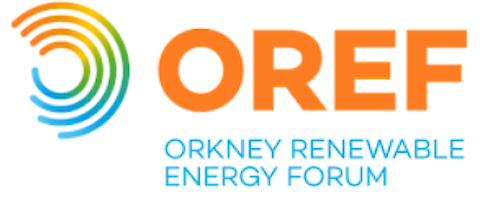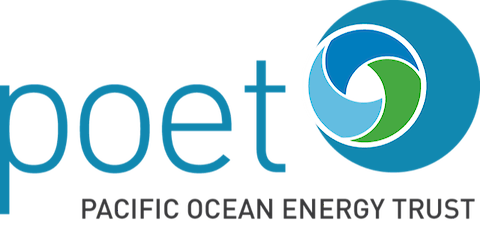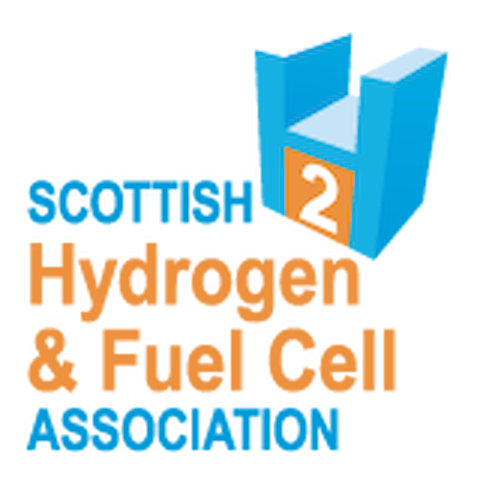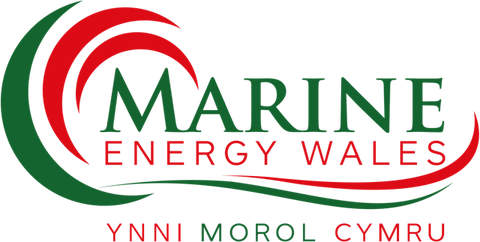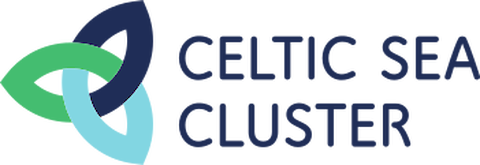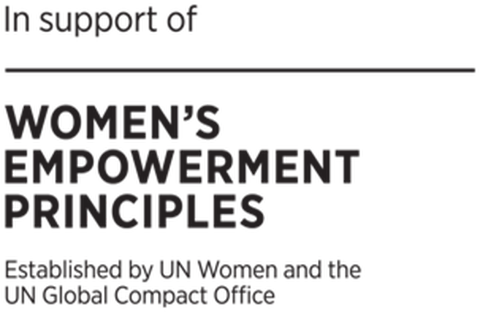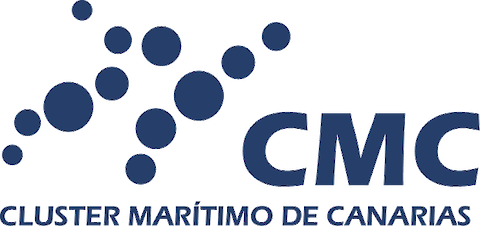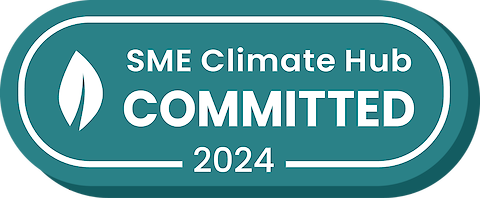SEA Wave & WESE launch a platform for ocean energy data sharing
Co-funded by the European Maritime and Fisheries Fund, both SEA Wave and WESE are undertaking bespoke environmental research campaigns to better understand the potential environmental effects associated with deploying and operating some of the world’s leading marine energy technologies.
MARENDATA is a dedicated data sharing platform which will host a range of compiled data collected from a range of marine energy test sites, including The European Marine Energy Centre (EMEC) in Orkney, Scotland; BiMEP in the Basque Country; and Peniche, in Portugal.
Data derived from the test sites will include resource characterisation, underwater noise, and video capturing seabed ecology and species behaviour. Data uploaded on the platform will be relevant in evaluating the potential positive and negative environmental effects of wave and tidal energy devices.
Data acquired from the former SOWFIA project, funded by EU Intelligent Energy Europe, has been amalgamated with the data collected through SEA Wave and WESE and will also be uploaded to MARENDATA.
A host of marine energy experts are filtering the raw data collected from the test sites as it becomes available to ensure it has been quality checked, is compatible and coherent and follows existing standards. This is achieved through links to existing databases such as EMODnet, SeaDataNet and Copernicus.
Secondary data will also be available through the platform to better serve the needs of various stakeholders including academia, industry and the general public, who may require access to this nature of data.
If you are interested in accessing data through MARENDATA, please follow this link: http://marendata.eu
Access is free; however, you are required to create an account to gain login details.
José Chambel Leitão from HIDROMOD, MARENDATA developer, said:
“This platform was based on three concepts in order to make it useful and specific to the marine energy industry. The first was to build on a previous data platform concept from the SOWFIA project. The second was to target the relevance of the data to the marine energy industry, as opposed to generic data platforms. And finally, the third concept was to have the support of industry experts, partners of WESE and SEA Wave, selecting the appropriate information to relay to end-users.”
ENDS
For further information, contact:
Erica Mathers, Marketing Officer, EMEC
Tel: +44 (0)1856 852202
Email: erica.mathers@emec.org.uk
Teresa Simas, WavEC
Tel: +351 21 848 26 55
Email: teresa@wavec.org
José Chambel Leitão, HIDROMOD
Email: jcleitao@hidromod.com
Editors notes:
About SEA Wave
The SEA Wave project is built upon the unique opportunity to deliver a comprehensive environmental assessment programme, bringing together the experience of leading players of the ocean energy industry. Led by the European Marine Energy Centre (EMEC), the consortium consists of four of the world’s leading wave energy technology companies (Wello, CorPower Ocean, Laminaria and Ocean Energy), environmental impact modelling and academic experts (University of Plymouth and University of Exeter), a leading marine energy consultant (Aquatera), and a modelling and information management expert (HIDROMOD).
About WESE
The WESE project aims on overcoming wave energy non-technological barriers through the development of environmental monitoring around wave energy converters operating at sea, to improve knowledge and data sharing on environmental effects and modelling tools for prediction of cumulative impacts and provide efficient guidance for wave energy planning and consenting procedures in Spain and Portugal. The project is coordinated by AZTI and the consortium includes wave energy technology developers and managers (AW Energy, IDOM and BiMEP), research and development experts (CTN, WavEC, AZTI) and information management expert (HIDROMOD).




